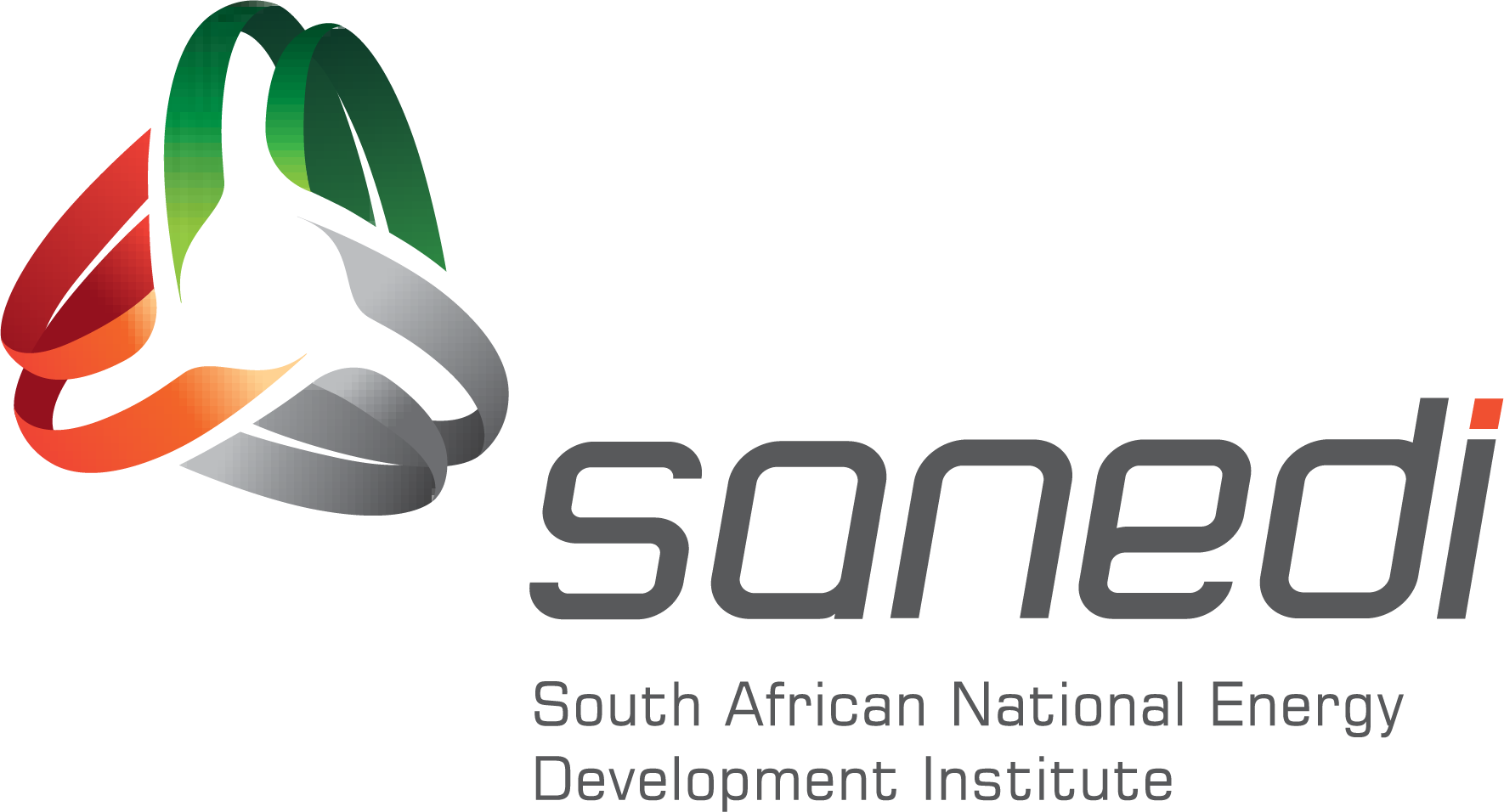Energy Secretariat is responsible for ensuring effective monitoring of energy policy specific to the energy landscape and DSI flagship programmes. The four flagship programmes comprise the Coal CO2-X; Energy Storage; Hydrogen South Africa (HySA); and Renewable Sustainable Energy (RSE) Hub and Spokes. Flagship programmes are housed and implemented with local Universities and Science Councils where centres of excellence have been established.
These programmes support the uptake of low carbon technologies and commercialisation of publicly funded Intellectual Property (IP). Large scale deployments in partnership with public, private and academia in support of the Presidential District Model take centre stage, for example the roll out of the hydrogen Platinum Valley. Various oversight committees have been established to promote and ensure effective programme governance.
The Energy Secretariat further monitors the implementation of the Science, Technology, and Innovation (STI) Plan, which is part of department’s Decadal Plan. The STI considers and builds on the HySA Strategy, Energy Storage RDI, Solar Energy Technology Roadmap, CoalCO2 to X RDI Roadmap, and the Hydrogen Society Roadmap (HSRM). It also monitors the implementation of innovation policies specific to the energy landscape by way of the four flagships.
Large scale deployments in partnership with public, private and academia supportive of the Presidential District Development Model (PDDM) are similarly monitored. For example, the hydrogen Platinum Valley, clean energy deployments in partnership with local and district municipalities, along with other government departments.
It also coordinates training of Technical and Vocational Education and Training (TVET) and University of Technology (UoT) graduates, focusing on emerging technologies for example fuel cells, batteries, and renewables technologies take centre stage. These initiatives are done in partnership with the Department of Higher Education and Training (DHET) and Energy Water Sector Education and Training Authority (EWSETA).
During the 2018/19 financial year, the NRF review of the Renewable Energy Hub and Spokes was conducted. As part of the management of the Renewable Energy Hub and Spokes Programme, the NRF undertook an independent review to assess the successful implementation of the programme and put in place corrective measures prior to the programme receiving the next phase of funding support.
The outcomes of the NRF review were presented to the DSI. One of the action items from an EXCO meeting included an analysis of how the recommendations of the study could be applied across the broader Energy Research, Development and Innovation (RDI) Flagship Programmes, resident within the Department of Science and Innovation (DSI) to improve overall performance.
The Ten Year Innovation Plan included an Energy Grand Challenge which focused on advancement towards a knowledge-based economy, using the four elements of increased knowledge generation and exploitation, human capital development, knowledge infrastructure, and enablers to addressing the “innovation chasm” to address the energy trilemma (energy access, environmental sustainability, energy security).
With regard to knowledge generation, South Africa ranks 38th worldwide in the generation of energy publications. However, a different perspective unfolds if one also considers the size of the Research and Development (R&D) workforce. South Africa has higher levels of productivity when compared to the USA (3.28 per 100 Full-Time Equivalent (FTE) research workforce; with Japan at 2.99 and 5.75 for the energy component of the National System of Innovation. However, when it comes to the movement of technologies from lab to market by overcoming the innovation chasm, there are challenges in the system such that the conversion into commercial products happens at a rate lower than global averages .



